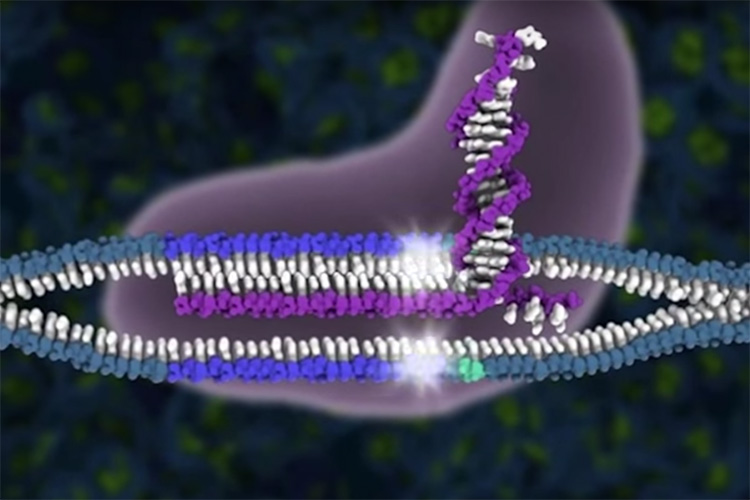Berkeley statement regarding patent board’s decision on CRISPR-Cas9 gene-editing technology

February 15, 2017
See press release for more detail.
The University of California respects today’s “no interference-in-fact” decision by the U.S. Patent Trial and Appeal Board (PTAB). The PTAB ruled that the claims of the Broad Institute’s patents and applications, which specify that the CRISPR-Cas9 system is used in eukaryotic cells (such as human cells), are sufficiently distinct as to be separately patentable from the claims of the Doudna/Charpentier group’s patent application, which cover the use of CRISPR-Cas9 in any setting, including eukaryotic cells and other cell types. As a result, the Doudna/Charpentier patent application will be returned to the patent examiner, who previously determined that their patent application is allowable. We are pleased that UC’s application, covering the invention and use of CRISPR gene editing in all cells, can move toward issuance as a U.S. patent.
We continue to maintain that the evidence overwhelmingly supports our position that the Doudna/Charpentier team was the first group to invent this technology for use in all settings and all cell types, and was the first to publish and file patent applications directed toward that invention, and that the Broad Institute’s patents directed toward use of the CRISPR-Cas9 system in particular cell types are not patentably distinct from the Doudna/Charpentier invention. For that reason, UC will carefully consider all options for possible next steps in this legal process, including the possibility of an appeal of the PTAB’s decision. We will be guided, as always, by the public’s best interest and will continue to support and advance fundamental research, such as CRISPR-Cas9, that can help solve our greatest challenges across human health, agriculture, and the environment.
“As a proud member of UC Berkeley’s faculty, I am engaged in bringing the power of the CRISPR-Cas9 technology to benefit humanity and develop new industries in biomedicine, agriculture, public health, and environmental technologies” said Jennifer Doudna, a professor of molecular and cell biology and of chemistry, and a Howard Hughes Medical Institute investigator at UC Berkeley. “I am pleased that research using CRISPR-Cas9 continues to drive exciting advances in many areas of biology.”